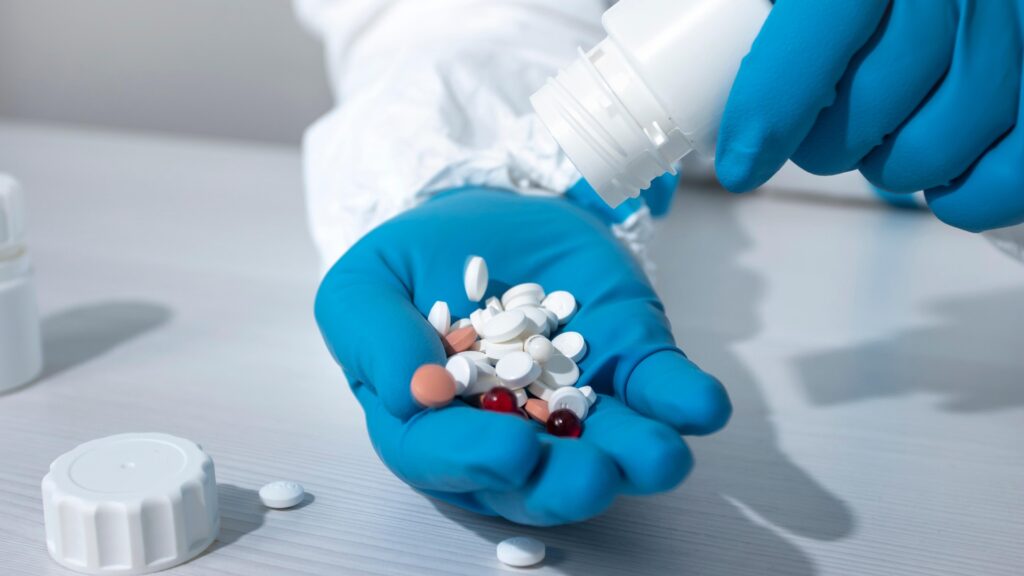Sexually transmitted infections (STIs) are a significant public health concern, affecting individuals of all ages and backgrounds. Bacterial STIs, such as chlamydia, gonorrhea, and syphilis, are treatable with antibiotics. Sexual health clinics serve as essential hubs for providing comprehensive care, including testing, diagnosis, and antibiotic therapy.

Why Antibiotics Are Crucial in Sexual Health
The Importance of Antibiotics in Treating STIs
Antibiotics are the cornerstone of treatment for bacterial STIs. These medications work by killing or inhibiting the growth of bacteria, helping to clear infections and prevent complications. Without proper treatment, bacterial STIs can lead to severe health issues, including infertility, chronic pain, and increased risk of HIV transmission.
Common STIs Treated with Antibiotics
- Chlamydia: Often asymptomatic, chlamydia is treated with antibiotics like azithromycin or doxycycline.
- Gonorrhea: This infection requires dual therapy with antibiotics such as ceftriaxone and azithromycin due to increasing antibiotic resistance.
- Syphilis: Penicillin is the preferred treatment for all stages of syphilis.
- Trichomoniasis: Though caused by a parasite, it is treated with antibiotics like metronidazole or tinidazole.
The Process of Getting Antibiotic Treatment at a Sexual Health Clinic
-
Confidential Consultation
When you visit a sexual health clinic, the first step is a private consultation with a healthcare provider. You’ll discuss symptoms, sexual history, and any concerns you may have.
-
Testing and Diagnosis
Based on your consultation, the provider may recommend tests such as swabs, urine samples, or blood tests. Accurate diagnosis is key to prescribing the correct antibiotic.
-
Immediate or Prescription-Based Treatment
If an infection is confirmed, you may receive antibiotics on-site or a prescription to fill at a pharmacy. Some clinics offer same-day treatment, ensuring you start your recovery right away.
How Antibiotics Work in Treating STIs
-
Mechanism of Action
Antibiotics target bacterial infections by disrupting essential processes like cell wall synthesis or protein production. This either kills the bacteria or stops their growth, allowing the body’s immune system to clear the infection.
-
Adherence to Treatment
It’s crucial for patients to complete their full course of antibiotics, even if symptoms improve. Stopping treatment early can lead to antibiotic resistance and incomplete eradication of the infection.
-
Follow-Up Care
Sexual health clinics often schedule follow-up appointments to ensure the infection has been fully treated and to address any lingering symptoms or concerns.
The Benefits of Seeking Treatment at a Sexual Health Clinic
- Expertise and Specialization: Clinics focus solely on sexual health, ensuring staff are highly knowledgeable.
- Confidentiality: Your privacy is prioritized, with discreet services and secure patient records.
- Accessibility and Affordability: Many clinics offer low-cost or free services, making care accessible to everyone.
Preventing Antibiotic Resistance
Proper antibiotic use is essential to prevent resistance, where bacteria evolve to withstand treatment. Sexual health clinics educate patients on completing their antibiotic course and avoiding unnecessary antibiotic use.
FAQs
1. Can antibiotics treat all STIs?
No, antibiotics treat bacterial infections, not viral ones like herpes or HIV. However, clinics offer treatment and management for all types of STIs.
2. How quickly do antibiotics work?
Many patients feel better within a few days, but completing the entire course is essential to fully clear the infection.
3. Should I avoid sex while taking antibiotics?
Yes, it’s recommended to abstain from sexual activity until you and your partner have completed treatment to prevent reinfection.
Conclusion: Take Control of Your Health with Expert Care
Sexual health clinics provide critical care, offering antibiotics to treat bacterial infections quickly and effectively. By seeking timely treatment, you not only protect your health but also contribute to broader public health efforts by preventing the spread of infections.
If you’re experiencing symptoms or have been exposed to an STI, don’t wait — visit our sexual health clinic and take the first step towards recovery and wellness (469) 981-0529 or visit us https://tscmlk.com/
